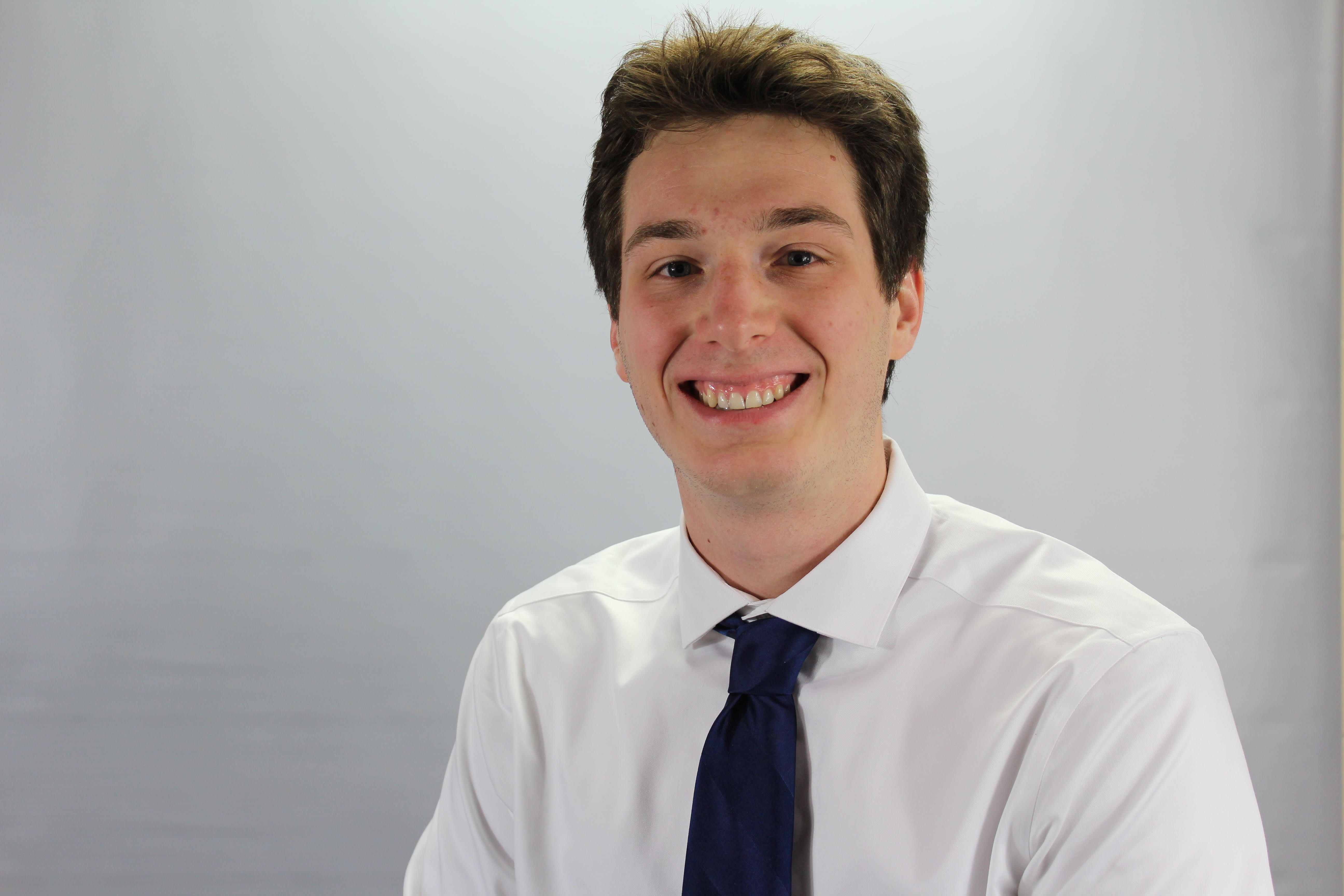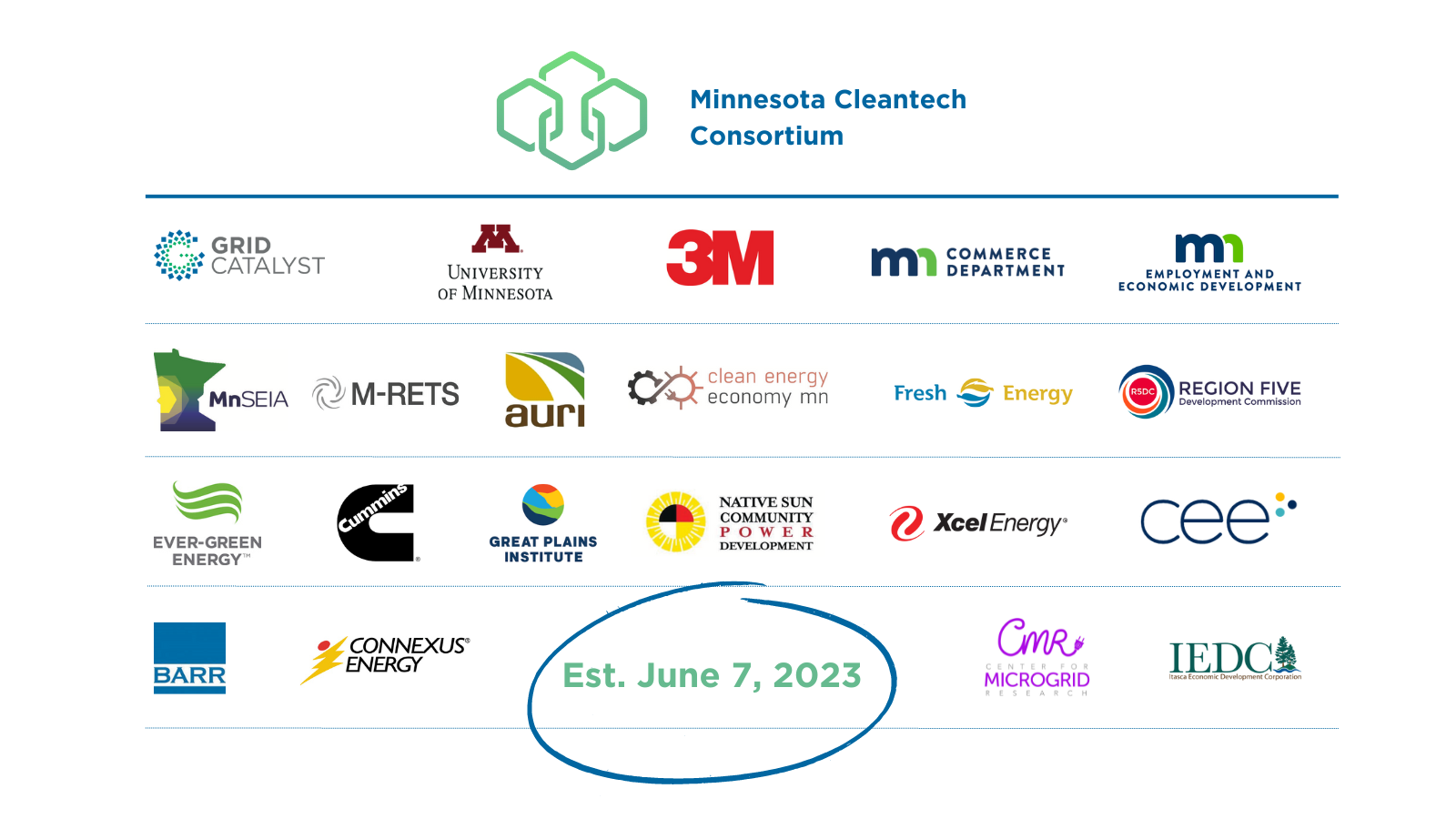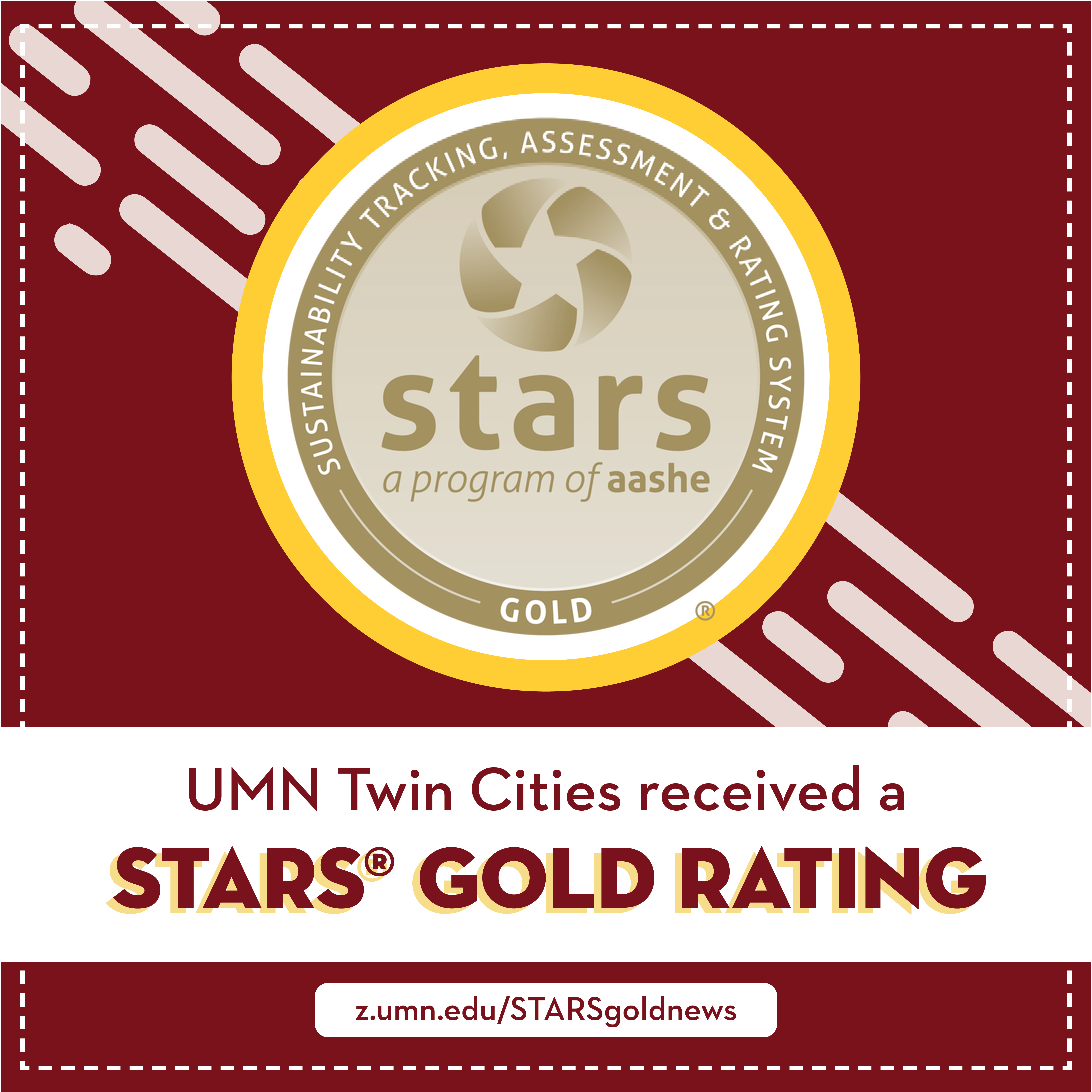
Jacob Bechtold is a senior studying Industrial and Systems Engineering with a passion for sustainability! He has a job lined up after graduation working at Renewable Energy Partners, a small solar company based in North Minneapolis. He is excited to use engineering and business skills to promote and build solar energy. In his free time, he enjoys playing basketball and disc golf, camping, and hanging with friends.
When asked about sustainability he stated that he is “passionate about sustainability and making sure we have a world future generations can live in.” He found this passion for sustainability on a trip to the Boundary Waters Canoe Area, BWCA, in highschool as well as just spending time in nature. After visiting the BWCA he wanted to make sure we preserve places like that. Once he got to college, he and other like-minded individuals, founded 365 Green, a sustainability club on campus. He is obviously very proud of this accomplishment and the amazing work being done.
“What led you to join the Sustainability Committee?”
He received an email that the Office of Sustainability was looking for students to join the Sustainability Committee, so he filled out an application and got selected. He thought it was an “insane opportunity to be involved in sustainable action [on campus].” He knew that the University has a huge impact and is an example of where the state and country is headed in sustainability, and needed to be a part of that journey. He “joined because of a passion for corporate sustainability- helping organizations make climate action plans to track emissions, reduce emissions, etc.” Overall, work with the Sustainability Committee is a great experience for him, and he is super excited about the sustainability work on campus.
In the Systemwide Strategic Plan, MPact 2025, the University of Minnesota established a goal to “Build a fully sustainable future” to frame and advance this important work. The focus as a Committee is to guide the implementation of this goal, the related actions, and the Board of Regents Policy Sustainability and Energy Efficiency on the Twin Cities campus. This work will encompass the entire span of campus activity and mission, inclusive of operations, teaching, research, and outreach, and will involve:
- Identifying, curating, and fostering the adoption of specific strategies to advance sustainability at the campus level
- Advancing campus sustainability metrics and reporting
- Leading consultation with campus stakeholders
- Fostering collaboration and open exchange between academic and operational entities
“Tell me about your role in the Sustainability Committee?”
Jacob’s main role is in the engagement subcommittee for the STARS process, which was spring to fall last year. The STARS process is an initial focus to complete the Association for the Advancement of Sustainability in Higher Education’s Sustainability Tracking, Assessment, and Rating System (STARS) for the Twin Cities campus. This enables us to assess current sustainability initiatives and identify areas for improvement. Specifically, Bechtold helped with data collection and analysis, along with the engagement section on the website.
Bechtold attends meetings to voice his inputs. He is very vocal about stressing the importance and influences of including many stakeholders and voices.
The main goal of the Committee is to get all the voices of the University community involved in sustainability and the Climate Action Plan. He emphasized the importance of including undergraduate students in these processes and initiatives. He stated that the main purpose of his engagement in the Committee is to get students involved to incorporate student voices. He noted that he “cannot speak for everyone's needs and wants” as he is just one person.
The Committee brainstormed how to engage with the rest of the student body and came up with outreach events like the Town Hall, Workshops, and Open House. They facilitate the outreach to students by visiting student groups to talk about the Climate Action Plan process and ensure that no one/group is underrepresented. They also focused on other stakeholders like surrounding neighborhoods, Indigenous populations that are impacted, and the broader University community. Bechtold realized that all of their sustainability work is going to impact the city and the state a lot, so they must make sure everyone can share their input and agree with the work.
Additionally, Bechtold stated that the “steps after the CAP are just as important, accountability and transparency.” The CAP should be easy for everyone to tell what's actually happening and what should be happening. He believes that the University will come up with a good plan that makes the community a leader, built for resilience and change, and minimizing climate change impacts.
“How does the work with the Sustainability Committee align with you?”
Outside of the Committee, Jacob is still vocal about his passions. He noted that his job with Renewable Energy Partners is working to address poverty and climate change simultaneously by building solar gardens in impoverished areas. They also have training programs in North Minneapolis to train people in solar energy jobs, and overall make the community better. He is “excited to be a part of that organization to make the community better.”
His work with the Committee allows him to voice his passions for sustainability and inclusivity, and is a great experience for gaining corporate sustainability skills!


